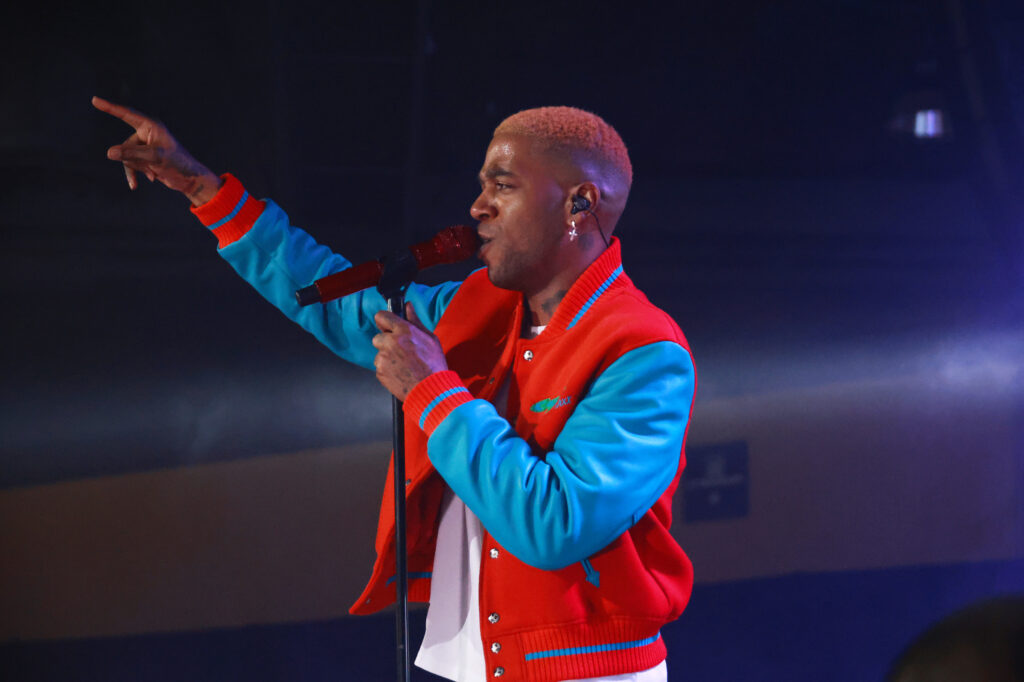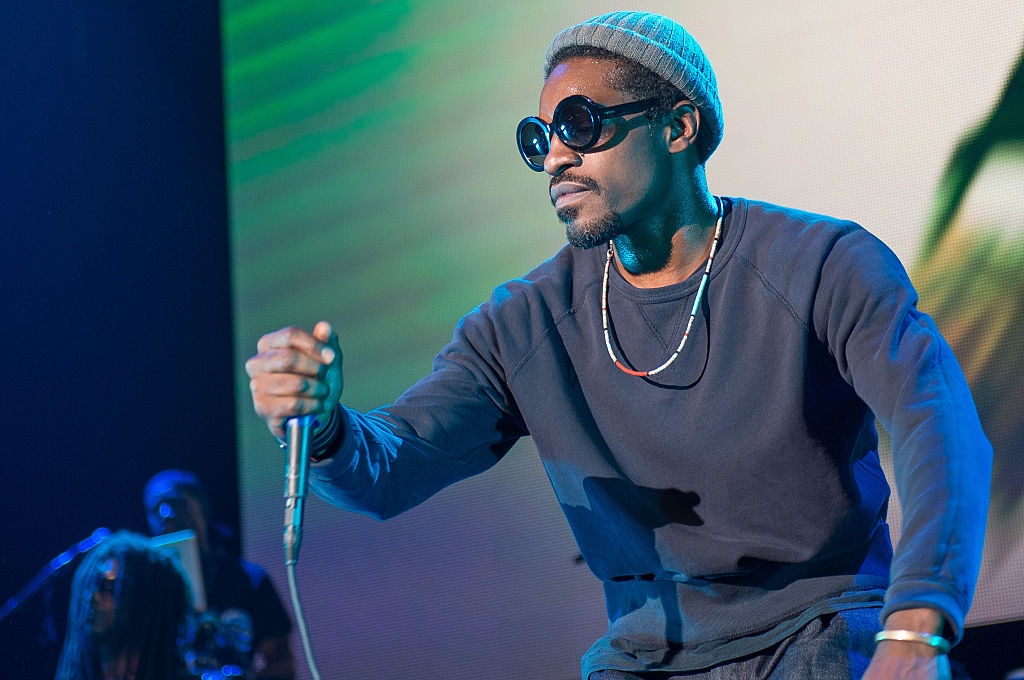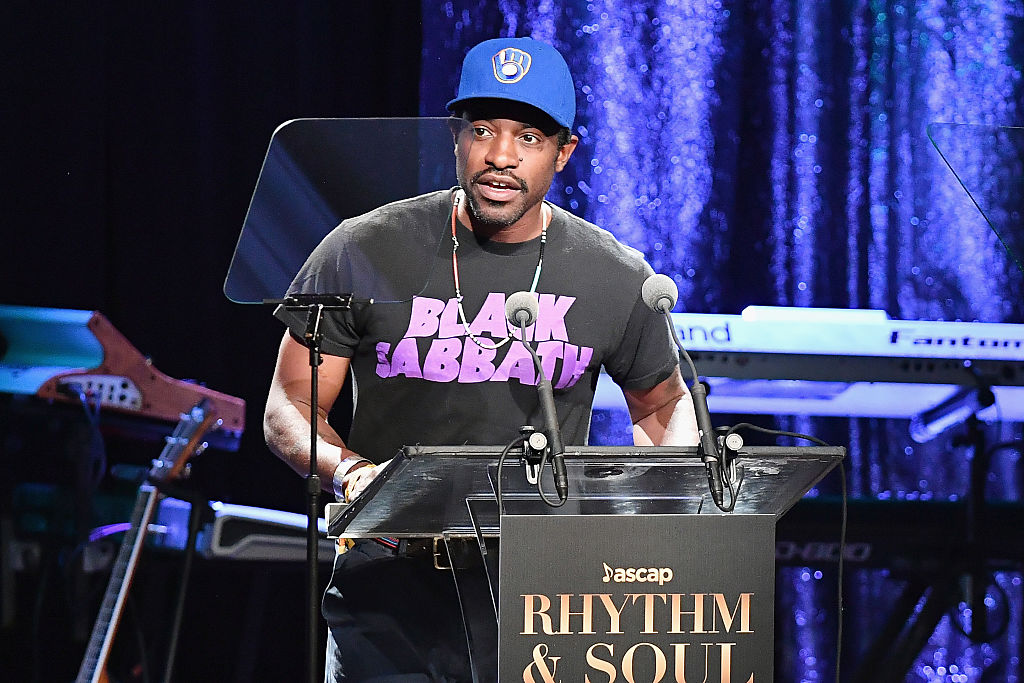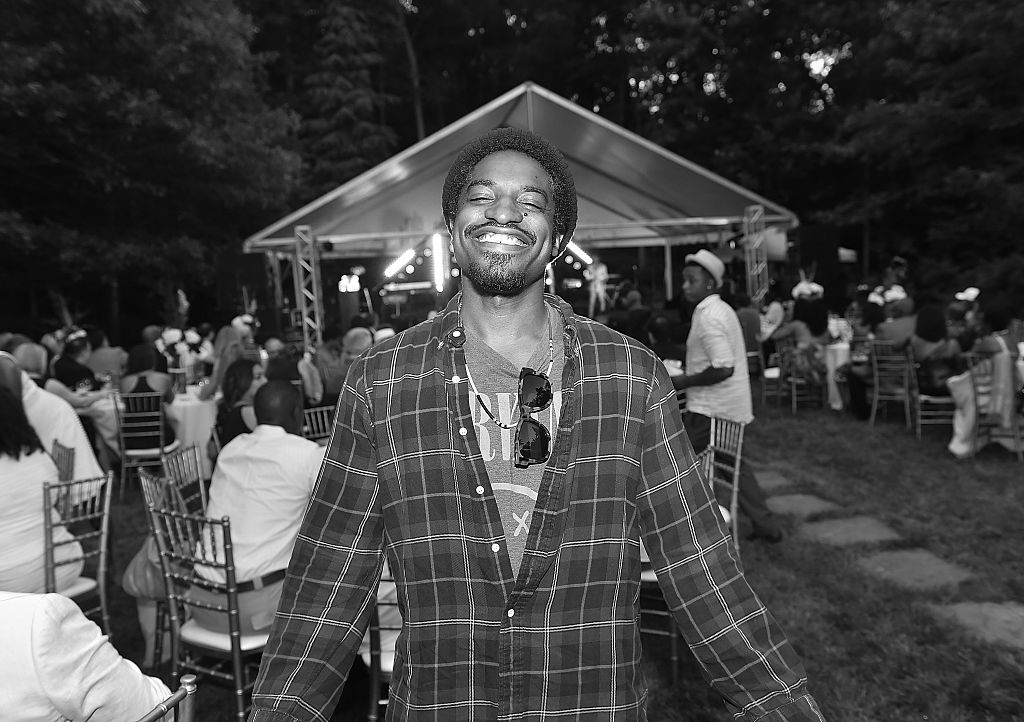History doesn’t just repeat itself, but also repurposes itself for new contexts. Last decade, Future dropped his trap-centric self-titled album and the more R&B-inspired Hndrxx a week apart. With WE STILL DON’T TRUST YOU achieving this pattern three weeks after its predecessor, that seven-year-old novelty now characterizes Metro Boomin. However, the elephant in the room back then was the divisive response, and inconsistent execution, of this sugary approach.
Sadly, while this album boasts hits across all metrics, the sheer tracklist length (and the still-fresh seventeen tracks before them) exposes the cracks in Future and Metro Boomin’s trajectory. If you loved Hndrxx, you’ll probably enjoy this. If you don’t like their R&B stuff at all, you’re just hating. But if you want balance and more fresh ideas than tried-and-true ones, then WE STILL DON’T TRUST YOU might not earn your confidence.
Read More: Future & Metro Boomin “We Still Don’t Trust You”: 5 Best Beats
Metro Boomin: The Bigger They Are…
All that said, Metro Boomin really showcases evolution here, tackling his work with artists like Don Toliver for almost a whole LP. Cuts like “Out Of My Hands” and “Came To The Party” could fit as a cool-down point on WE DON’T TRUST YOU, and we’ll get to Disc 2 later. Where the St. Louis beatsmith’s grandiose direction falters is in reiterating his multi-layered production with hollow structures and so-so Future efforts, dampening the ear candy’s impact. “Drink N Dance,” “Jealous,” and “Overload” lose their luster well before ending.
Yet these issues don’t affect production quality — everything sounds crisp. Entrancing instrumentals remain like “Nights Like This,” despite this example’s melodic similarity to last year’s “Calling.” Instead, the weaknesses concern how melodic leanings don’t lend themselves to less eventful beats. Sometimes, individual elements help, like the ’80s-style drums on “Luv Bad B***hes.” But when you’re trying to build out an epic beat often, whenever you do fall short, you really fall short, unless Future gifts the assist.
Read More: DJ Akademiks, Kai Cenat, And Adin Ross React To Future & Metro Boomin’s New Album
Future Is Ol’ Reliable On WE STILL DON’T TRUST YOU
The Atlanta titan’s performance across the board is what we expected considering his dexterity on WE DON’T TRUST YOU. By comparison, he shows off his dynamism, expressive tone, quirky deliveries, and shifty, smoky flows even more here, such as strained choruses on “Always Be My Fault” and “Right 4 You.” Even though his rapping excelled more on WDTY, he tries his best on STILL to do right by sometimes slightly overproduced beats like the two examples above (although the first is a gold standard here).
Lyrically, it’s a well-worn, more emotional Hendrix you’re likely familiar with, although his pen isn’t always melancholically or toxically relationship-driven. Also, hilariously self-aggrandizing bars here like “You can f**k on him as long as you think about me” are staples in his catalog. But this is all true until it isn’t. For example, Future’s intro/title track performance is meager, and a bare cut that should’ve lasted half its actual runtime. Others like “Gracious” and “One Big Family” are average, but this is Pluto: you’re bound to take away bangers here, as few or numerous as they may be on any given project.
Read More: Charlamagne Tha God Thinks Future Deserves A Spot In The Big Three
What Are The Highlights?
WE STILL DON’T TRUST YOU works best by simply distilling what these artists have built over their careers, not by over-dramatizing established approaches. “This Sunday” has a calming, addictive synth line and Future is intoxicatingly ethereal. Speaking of this possible “Feel No Ways” reference track, a brief Drake mention: despite some subs, the beef feels less prominent here due to moodier energies. Moving on, “All To Myself” is a great duet with The Weeknd that contrasts their performances in empowering ways, and “Beat It” is one of the few exceptions that structurally and execution-wise live up to the larger-than-life presentation that Metro Boomin champions.
In addition, “Mile High Memories” throws it back to earlier Fewtch croons with spotlit vocal melodies and perfectly measured atmosphere, and the same goes for the “Amazing” interlude, but with rap flows. The features mixed the bag, though. Ty Dolla $ign and Chris Brown provide minimal but welcome background singing, and as for designated solo spots, Abel gives multiple standouts, but J. Cole can’t maximize his sleepy surprise appearance on the already languid “Red Leather.” That almost summarizes WE STILL DON’T TRUST YOU. Future and Metro Boomin can no longer avoid a quantity-over-quality predicament. Most importantly, they try to evolve the former’s soulful approaches and the latter’s auditory theatricality while forgetting what makes their creativity special.
Read More: Future, Metro Boomin & Kendrick Lamar’s “Like That” Hits No. 1 On Billboard Again
The Duo’s Current Paradox
Here’s the album’s biggest holistic detriment. If Future and Metro Boomin fixed the bloat and backpedaling, WE STILL DON’T TRUST YOU still would’ve felt redundant. Disc 2 is an OG-sounding mixtape for their styles that is more compelling and goes harder than Disc 1 on average, thanks to more engaging beats, fiery performances, and solid features. If they had cut the filler and diversified the tracklist flow more, then we’d be talking about a much more solid album… that would’ve achieved the exact same as WE DON’T TRUST YOU.
All things considered, this series is nonetheless a dub for Future and Metro Boomin. They fed the fans with their trademark styles and are still dominating charts, music discussion, and the aux. Unfortunately, this also ends the producer’s air-tight studio album run this decade, and the “Solo” MC doesn’t fully capitalize on the moment. Nevertheless, WE STILL DON’T TRUST YOU contains peaks worthy of this legendary duo’s history, which they repurpose here to occasionally perfect effect. While we still trust them, they just surprisingly spend a little too much time repeating or forgetting that history here.
Read More: Future & Metro Boomin “WE DON’T TRUST YOU” Album Review
The post Future & Metro Boomin “WE STILL DON’T TRUST YOU” Album Review appeared first on HotNewHipHop.


 would you try it ?
would you try it ? 


 Shirt Embroidered.” Emotionally, the album covers everything under the sun with the same sense of passionate wonder. Take “Ants To You, Gods To Who ?,” for example, with its cold, dreamy atmosphere accentuated by a unique flute tone and melodic direction. It also represents the “She Lives In My Lap” artist’s own role amid all this. This isn’t really a solo album — in fact, none of his work truly is. But his skill and sensibilities shine through on everything he touches, and 3 Stacks is incredibly grateful for all the avenues that championed his artistic freedom, of which this is the latest.
Shirt Embroidered.” Emotionally, the album covers everything under the sun with the same sense of passionate wonder. Take “Ants To You, Gods To Who ?,” for example, with its cold, dreamy atmosphere accentuated by a unique flute tone and melodic direction. It also represents the “She Lives In My Lap” artist’s own role amid all this. This isn’t really a solo album — in fact, none of his work truly is. But his skill and sensibilities shine through on everything he touches, and 3 Stacks is incredibly grateful for all the avenues that championed his artistic freedom, of which this is the latest.